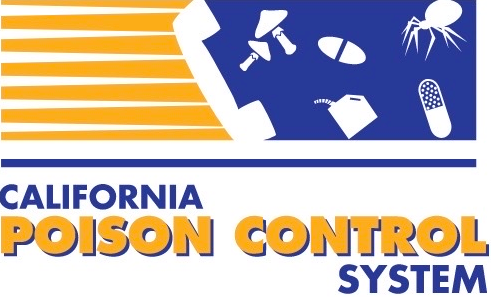Watch the Close Calls with CPCS video episode on Pesticides (above).
About pesticides
A pesticide is a chemical used to prevent, kill, or repel pests. Pests can be insects, rodents, weeds, or even some germs. People can be exposed to pesticide residue in their home, school, or workplace environments. Pesticides can get inside a body from eating, drinking, breathing them in, and through skin contact. If you need first-aid information or advice on what to do after a pesticide exposure, call the Poison Hotline at 1-800-222-1222.
Pesticide examples
When used properly, pesticides help to lessen harmful or unwanted pests in the environment. When used improperly, pesticides can harm people, pets, and the environment. Pesticides includes these types of chemicals:
- Fungicides control fungi and can be used on plants or other surfaces where mold or mildew grow—they may also have a role in protecting crops
- Herbicides destroy or control weeds and other unwanted vegetation—they are commonly used on lawns
- Insecticides kill or control insects—they are used in agriculture, industry, businesses, and households
Pesticides can include things like:
- Algae killer for pools and fish tanks
- Bathroom mold and mildew removal agents
- Bug repellent
- Pet flea and tick treatment
Symptoms of pesticide poisoning
Symptoms due to acute pesticide poisoning can go from mild to severe, affect all parts of the body, and can feel similar to the symptoms of other illnesses like the flu or a heat-related illness. Any of the following symptoms may be experienced:
- Chest pain
- Dizziness or confusion
- Loss of consciousness
- Nausea, vomiting, diarrhea, or stomach pain
- Rash, heavy sweating, or skin irritation
- Red, watery, or irritated eyes
- Seizure
- Shortness of breath or cough with phlegm
- Tiredness, weakness, headaches, muscle twitches
Prevent pesticide poisoning
Infants, young children, pregnant women, elderly, and people with pre-existing conditions can be more affected by pesticides. These groups should be protected from pesticide exposure as much as possible.
Agricultural workers are also at risk of pesticide exposure. Worker exposure to pesticides can occur during preparation and application, by drift from neighboring fields, or by contact with pesticide residues on crops, soil, or spraying equipment.
Follow these tips to prevent pesticide exposure:
- Clearly label anything containing pesticides
- Keep pesticides in their original container
- Read the label and follow the directions every time you use a pesticide
- Remove clothes and shoes that may have been contaminated with pesticides before entering your home
- Store pesticides in their original containers – up, away, and out of sight of children and pets
- Use protective clothing and equipment as directed by the product label
- Wash your hands right after handling and using pesticides
- Wash potentially contaminated clothes separate from other laundry



